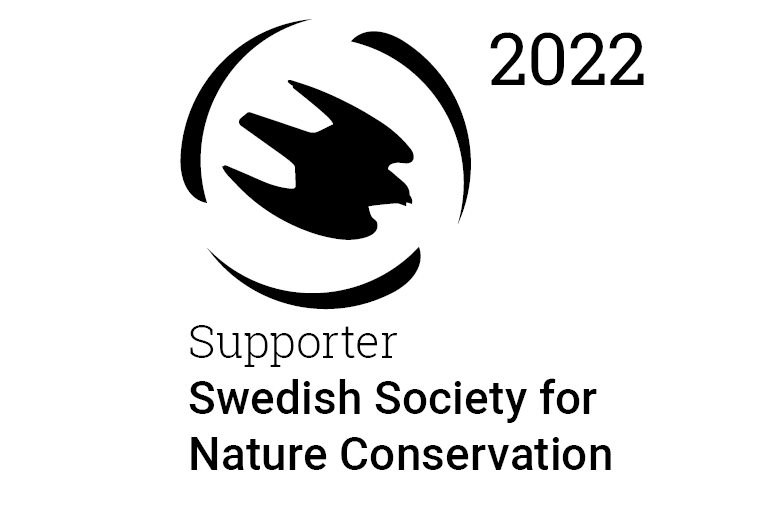- Home
- News Details
News Details

Food Standards Australia New Zealand FSANZ suggests amending food code to align residue limits with other national regulations.
2023-10-26 Reference source : APVMA
Food Standards Australia New Zealand (FSANZ) proposes to amend its Food Standards Code to align residue limits (MRLs) for agricultural and veterinary chemicals with other national regulations.
Regulatory Authority involved:
-
Food Standards Australia New Zealand (FSANZ)
-
Australian Pesticides and Veterinary Medicines Authority (APVMA)
APVMA sets maximum residue levels that are not likely to be exceeded if agricultural or veterinary chemicals are used in accordance with approved label instruction. In considering maximum residue levels (MRLs) and variations to MRLs, the APVMA considered studies on chemistry, metabolism, analytical methodology, residues, toxicology, good agricultural practice, and dietary exposure.
The following substances in particular plant and animal commodities are the subject of the proposed amendments:
Plant commodities: Fenpropidin, florylpicoxamid, abamectin, acibenzolar-S-methyl, benzovindiflupyr, chlorantraniliprole, cyanamide, cyantraniliprole, difenoconazole, dimethoate, fenpropidin, fluxapyroxad, isocycloseram, isopyrazam, omethoate, pyraclostrobin, spirotetramat, tebuconazole, tetraniliprole, trifloxystrobin, and trifludimoxazi Australian Pesticides and Veterinary Medicines Authorityroln.
Animal commodities: Fenpropidin, halauxifen-methyl, and trifluralin
Key highlights of amended version of MRL standard:
-
New MRLs have been established for a variety of pesticides and veterinary compounds, including those used on new crops or to combat novel pests and diseases.
-
MRLs for various pesticides and veterinary chemicals have been increased to reflect the latest scientific research on their safety.
-
MRLs for various pesticides and veterinary compounds have been reduced to ensure that dietary exposure remains safe.
FSANZ has assessed the scientific data on chemicals and concluded that the proposed MRLs are safe for consumers.
Public is invited to comment on proposed amendments until 14 November 2023.
Proposed date of adoption and publication anticipated in January 2024.
We acknowledge that the above information has been compiled from APVMA.
Global Product Compliance (GPC) specializes in Global Regulatory Compliance Solutions across sectors
globally. SSS Europe, a familiar name in chemical regulatory and compliance services now formally belongs
under the umbrella of GPC Holding Sweden.
Since 2008, we have emerged as one of the leading names among Global Regulatory Compliance Service
Providers with Representation services in Europe, Asia and Middle East for respective chemical
regulations.


